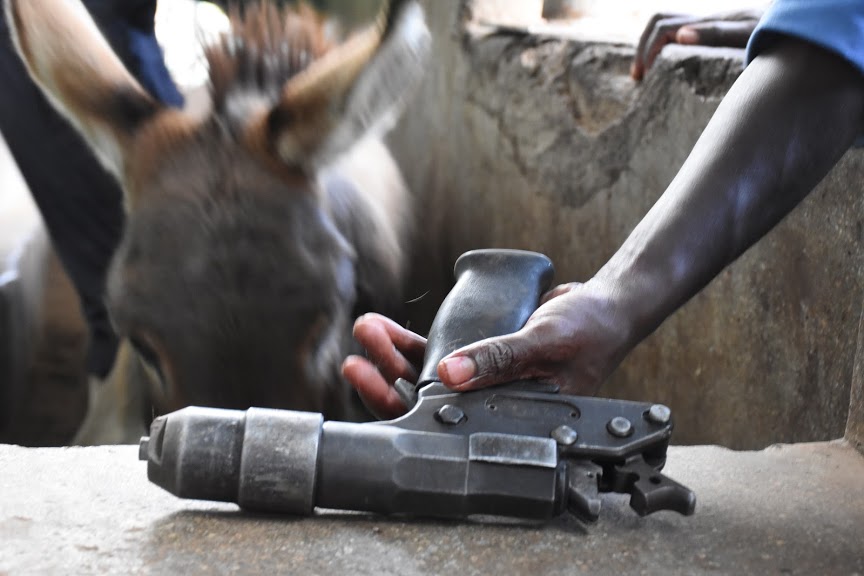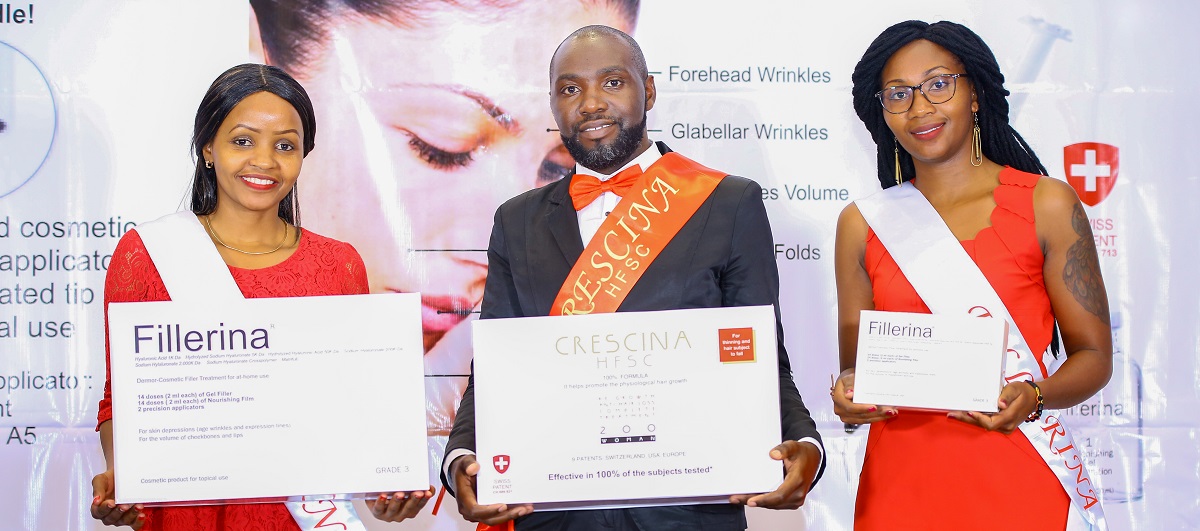Just how much is the oduor in your armpits worth? Well, it’s always a nuisance and something that makes many turn up their noses.
But if you are a maker of deodorant, that pungent body smell is a lucrative goldmine worth Ksh1.4 billion in Kenya and growing.
According to Beiersdorf, one of the leading players in this industry, the deodorant market in Kenya is poised for growth in the coming years as population increases and consciousness about grooming grows. Many Kenyans really mind about more than their looks – the scent you emit matters a lot.
Smell is a powerful sense. It can improve alertness, reduce anxiety and influence self-confidence. Certain odours can even prime people to have sex.
Beiersdorf Marketing Director for Central, East & West Africa Francis Afulani says more and more Kenyans are adopting the deodorant culture.
He says that increased product awareness through in-store marketing as well as above-the-line marketing campaigns has helped to educate the general public as well as promoting higher value and volume sales in the category over the review period.
“Heightened marketing campaigns among industry players, growth in the urban population and rising incomes among Kenya’s burgeoning middle-class population contributed to the positive value and volume growth recorded in deodorants during 2015,” he is quoted as saying by Capital FM.
See Also >> Nivea withdraws foul-smelling deodorant advert
Beiersdorf East Africa continues to lead deodorants with a market share of 32.1 percent through its Nivea brands, followed by Henkel Kenya with its flagship brand Fa and Unilever Kenya with its Rexona brand. There are other smaller players with various niche markets.
Beiersdorf Central, East and West Africa General Manager Alex Reindler says the growing middle class has fueled the growth of this line of products.
“Rising per capita income levels and increasing population size are likely to mean a bigger working class consumer base for deodorants during the forecast period, thus ensuring further growth for the category.”
[crp]













Leave a comment